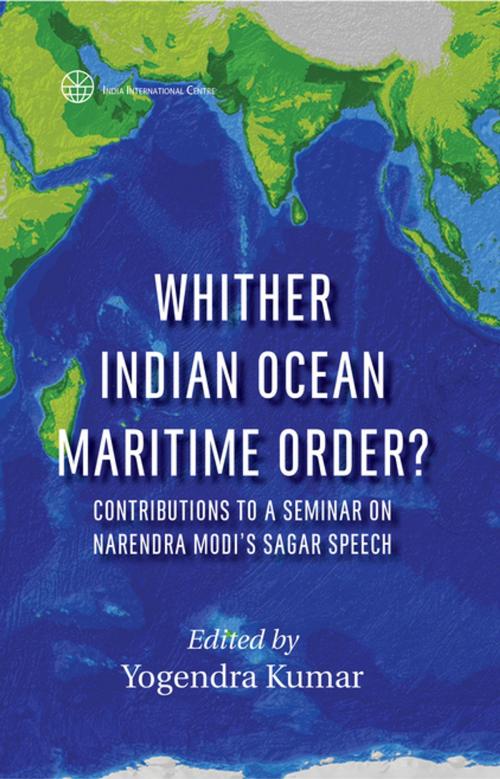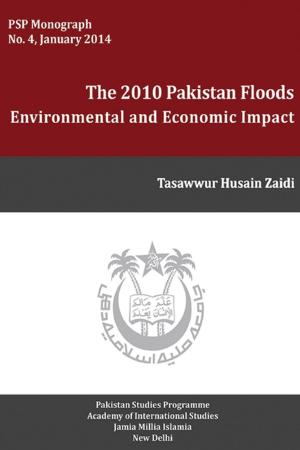Whither Indian Ocean Maritime Order? Contributions to a Seminar on Narendra Modi's SAGAR Speech
Contributions to a Seminar on Narendra Modi's SAGAR Speech
Nonfiction, History, Military, Naval, Social & Cultural Studies, Political Science| Author: | ISBN: | 9789386288509 | |
| Publisher: | KW Publishers | Publication: | February 15, 2017 |
| Imprint: | KW Publishers | Language: | English |
| Author: | |
| ISBN: | 9789386288509 |
| Publisher: | KW Publishers |
| Publication: | February 15, 2017 |
| Imprint: | KW Publishers |
| Language: | English |
Prime Minister Modi articulated his vision for the future of the Indian Ocean region when he presented the Offshore Patrol Vessel Barracuda to the Mauritian Coast Guard on March 12, 2015, at Port Louis. Such authoritative statement on Indian Ocean by an Indian leader has not been made for a long time. It evoked considerable interest amongst strategic analysts everywhere. Whilst infusing a soft civilisational complexion to India’s envisaged role, it signifies, also, a determination to seek a future of ‘Security and Growth for All in the Region’ – or SAGAR (Hindi for ‘sea’). As Indian Ocean assumes greater significance in the wake of profound geo-strategic shifts and multitudinous challenges to regional stability, there is universal interest in India’s policy approach and capabilities toward the shaping of a stable maritime order. The Indian political leadership is conscious of the evolving strategic situation and its implications for the country’s security and well-being; it, at the same time, feels that the current circumstances are propitious for such a policy to be successful in substantial measure. Its benign external image and US and other countries’, especially regional, support for more proactive engagement provide the wellspring for its determination that the Indian Ocean’s challenges should be met by the countries of the region itself even as the legitimate interests of outside powers can be accommodated. The eminent contributors to this volume analyse the various components of the SAGAR pronouncement and contextualise them against the emerging strategic trends and the spectrum of bilateral and multilateral effort required for its success.
Prime Minister Modi articulated his vision for the future of the Indian Ocean region when he presented the Offshore Patrol Vessel Barracuda to the Mauritian Coast Guard on March 12, 2015, at Port Louis. Such authoritative statement on Indian Ocean by an Indian leader has not been made for a long time. It evoked considerable interest amongst strategic analysts everywhere. Whilst infusing a soft civilisational complexion to India’s envisaged role, it signifies, also, a determination to seek a future of ‘Security and Growth for All in the Region’ – or SAGAR (Hindi for ‘sea’). As Indian Ocean assumes greater significance in the wake of profound geo-strategic shifts and multitudinous challenges to regional stability, there is universal interest in India’s policy approach and capabilities toward the shaping of a stable maritime order. The Indian political leadership is conscious of the evolving strategic situation and its implications for the country’s security and well-being; it, at the same time, feels that the current circumstances are propitious for such a policy to be successful in substantial measure. Its benign external image and US and other countries’, especially regional, support for more proactive engagement provide the wellspring for its determination that the Indian Ocean’s challenges should be met by the countries of the region itself even as the legitimate interests of outside powers can be accommodated. The eminent contributors to this volume analyse the various components of the SAGAR pronouncement and contextualise them against the emerging strategic trends and the spectrum of bilateral and multilateral effort required for its success.















